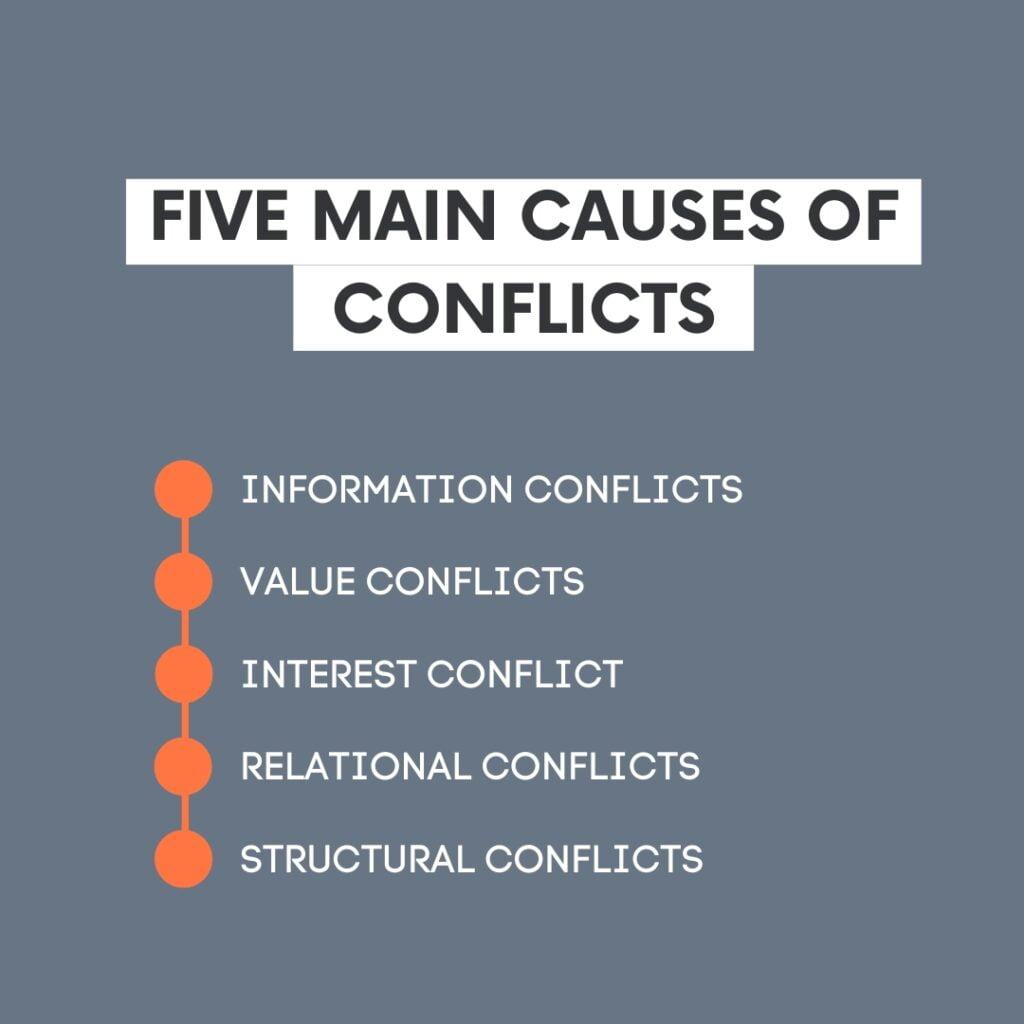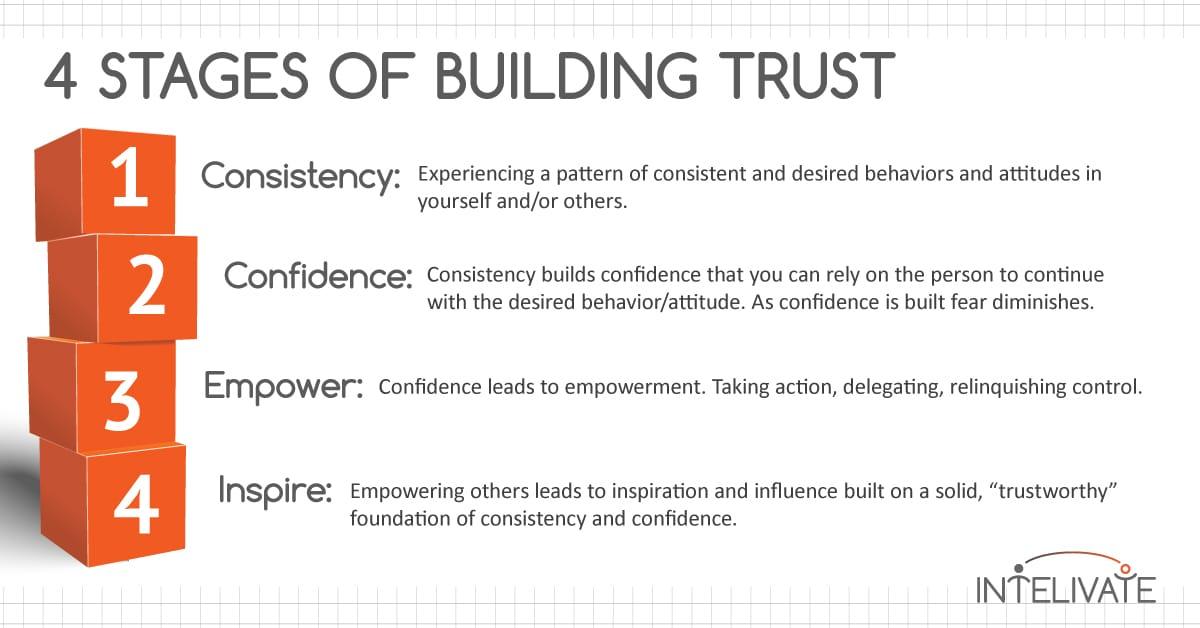Rebuilding trust after a conflict in a relationship is a challenging yet crucial endeavor that can lead to a stronger, more resilient bond. Trust is the cornerstone of any healthy relationship, and when it is compromised, both parties may find themselves navigating a landscape of doubt and uncertainty. However, with the right strategies and a commitment to healing, it is entirely possible to restore trust and create a more profound connection. In this article, we will explore practical steps and insights that can guide you through the process of rebuilding trust, ensuring that your relationship not only survives the storm but thrives in its aftermath. Whether you are addressing a minor misunderstanding or a significant breach, these principles will empower you to move forward with confidence and clarity.
Understanding the Root Causes of Conflict
To effectively rebuild trust after a conflict, it’s essential to delve into the underlying issues that led to the discord. Often, conflicts arise from unmet needs, miscommunications, or differing values. Identifying these root causes requires open and honest dialogue, where both parties feel safe to express their feelings without fear of judgment or reprisal. Acknowledging these fundamental issues can help both partners understand each other’s perspectives and foster empathy.
- Unmet Needs: Often, conflicts are a result of one or both partners feeling that their emotional, physical, or psychological needs are not being met. Addressing these needs can create a foundation for healing.
- Miscommunication: Differences in communication styles or misunderstandings can lead to conflict. Clarifying intentions and ensuring both partners are heard can alleviate tension.
- Value Differences: Conflicts may stem from clashing personal values or beliefs. Recognizing and respecting these differences is crucial for mutual understanding.
By exploring these root causes, couples can move beyond surface-level issues and work towards creating a stronger, more resilient relationship. Through this understanding, they can establish a new framework for communication and support, paving the way for lasting trust and connection.
Effective Communication Strategies to Reestablish Trust
Navigating the aftermath of conflict requires a deliberate approach to communication. Start by creating a safe space for dialogue where both parties feel heard and respected. Active listening is crucial; it involves fully concentrating, understanding, and responding thoughtfully. Show genuine interest in your partner’s perspective without interrupting.
Use “I” statements to express feelings and needs without placing blame, such as “I feel hurt when…” rather than “You always…”. This reduces defensiveness and opens the door to empathy. Maintain open body language and consistent eye contact to reinforce sincerity. Incorporate non-verbal cues like nodding to show engagement. Consistency in these practices fosters an environment where trust can be gradually rebuilt.
- Prioritize honesty and transparency in all communications.
- Set clear boundaries and respect them mutually.
- Regularly check in with each other to assess progress and address concerns.

Practicing Forgiveness and Letting Go of Resentment
In the journey to rebuild trust, embracing forgiveness is crucial. It’s essential to recognize that holding onto past grievances can hinder the healing process. Forgiveness is not about condoning hurtful behavior but about freeing yourself from the shackles of resentment. To practice forgiveness effectively, consider these steps:
- Reflect on the Situation: Take time to understand the emotions and events that led to the conflict. Acknowledge your feelings without judgment.
- Communicate Openly: Have an honest conversation with your partner. Share your perspective and listen to theirs without interruption.
- Set Boundaries: Define what is acceptable moving forward. Establishing clear boundaries helps prevent future conflicts.
- Focus on the Present: Shift your attention from past grievances to current actions that reinforce trust.
Letting go of resentment involves a conscious decision to prioritize peace over past pain. Embrace the present moment and nurture your relationship with patience and understanding. Trust is rebuilt through consistent, positive actions and mutual respect, paving the way for a stronger, more resilient connection.

Building a Foundation of Transparency and Honesty
In any relationship, transparency and honesty serve as the bedrock for rebuilding trust after a conflict. The first step is to embrace openness. This means sharing thoughts and feelings without the fear of judgment. Communicate openly about what led to the conflict and how it impacted both parties. Avoid hiding emotions or information, as this can create further distance. Use “I” statements to express personal experiences and feelings, which helps in taking responsibility without placing blame. For example, instead of saying, “You never listen to me,” try, “I feel unheard when my concerns aren’t acknowledged.” Such a shift in language can foster understanding and empathy.
- Acknowledge Mistakes: Accept responsibility for your actions and apologize sincerely. An apology should not just be words but an acknowledgment of the impact of your actions.
- Practice Consistency: Be consistent in words and actions to demonstrate reliability. Consistency builds a predictable environment where trust can flourish.
- Set Clear Boundaries: Define and respect each other’s boundaries. This mutual respect reinforces a safe space for honesty.
- Seek Feedback: Regularly check in with each other to ensure that both partners feel heard and understood. This ongoing dialogue can prevent misunderstandings from escalating into conflicts.
By prioritizing these elements, couples can construct a resilient foundation that withstands the challenges of conflict, paving the way for a more trusting and harmonious relationship.




